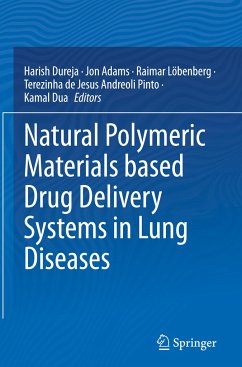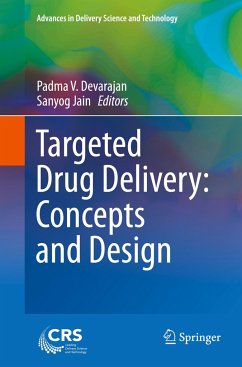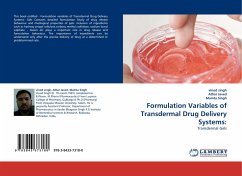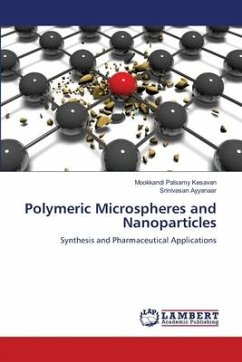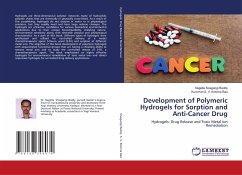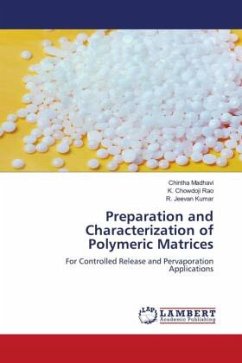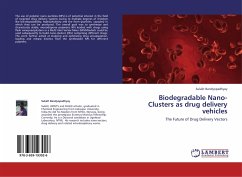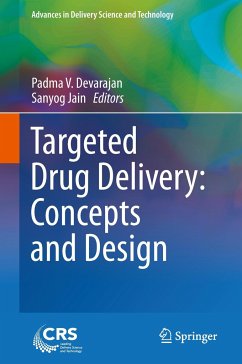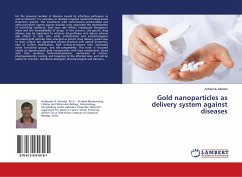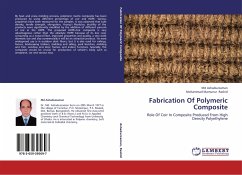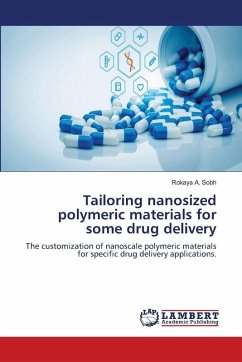
Tailoring nanosized polymeric materials for some drug delivery
The customization of nanoscale polymeric materials for specific drug delivery applications.
Versandkostenfrei!
Versandfertig in 6-10 Tagen
60,99 €
inkl. MwSt.

PAYBACK Punkte
30 °P sammeln!
This study focuses on the synthesis of poly methyl methacrylate (MMA) and poly methyl methacrylate-co-2-hydroxyethyl methacrylate (HEMA) with the aim of producing biocompatible copolymeric nanoparticles within the nanoscale range (under 50 nm) through the differential microemulsion polymerization method. Microemulsion polymerization is a process that facilitates the solubilization of bioactive compounds and is noted for its spontaneous formation, simplicity in production, compatibility with various additives, stability across a broad temperature spectrum, and low viscosity. Furthermore, the di...
This study focuses on the synthesis of poly methyl methacrylate (MMA) and poly methyl methacrylate-co-2-hydroxyethyl methacrylate (HEMA) with the aim of producing biocompatible copolymeric nanoparticles within the nanoscale range (under 50 nm) through the differential microemulsion polymerization method. Microemulsion polymerization is a process that facilitates the solubilization of bioactive compounds and is noted for its spontaneous formation, simplicity in production, compatibility with various additives, stability across a broad temperature spectrum, and low viscosity. Furthermore, the differential approach allows for the utilization of minimal emulsifier quantities while enhancing the solid content. A range of emulsifiers, such as sodium dodecyl sulfate (SDS) and biocompatible options like sodium alginate (SA) and polyvinyl pyrrolidone (PVP), were employed to investigate the microemulsion polymerization process.



